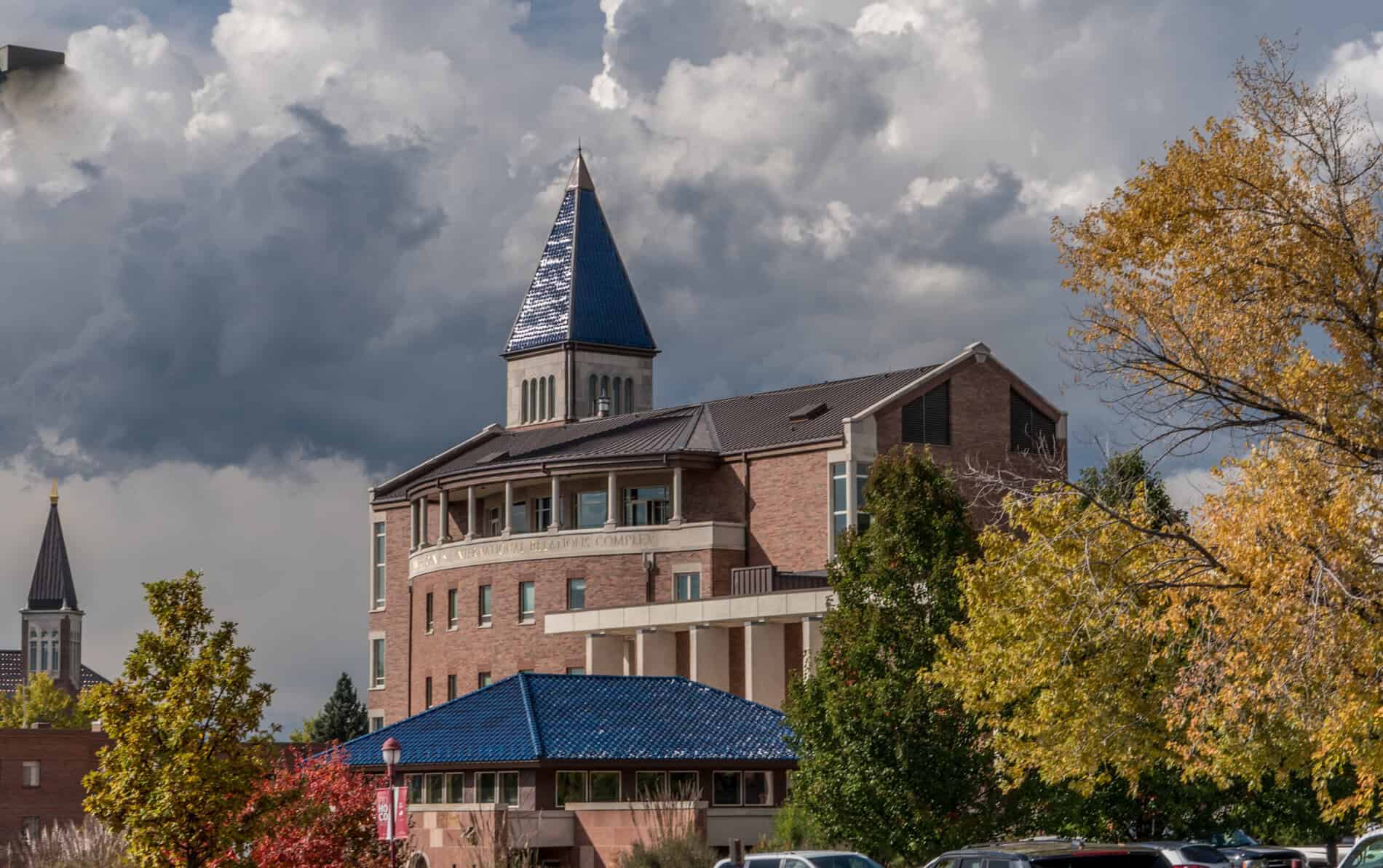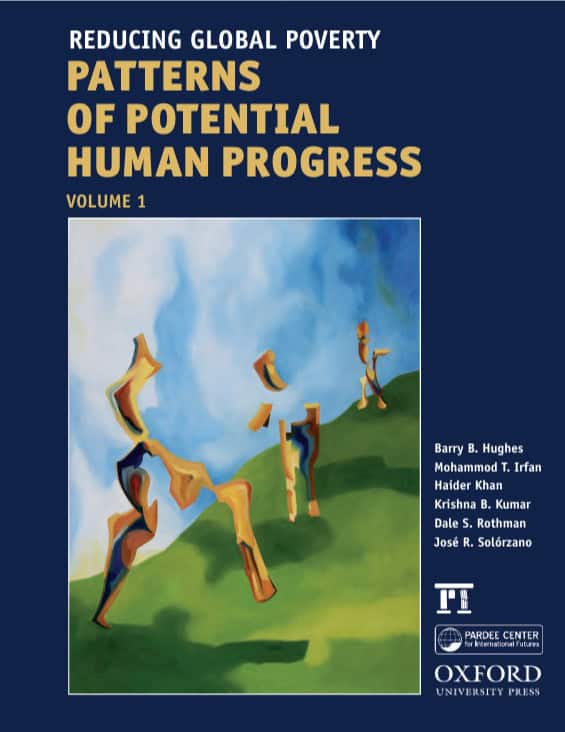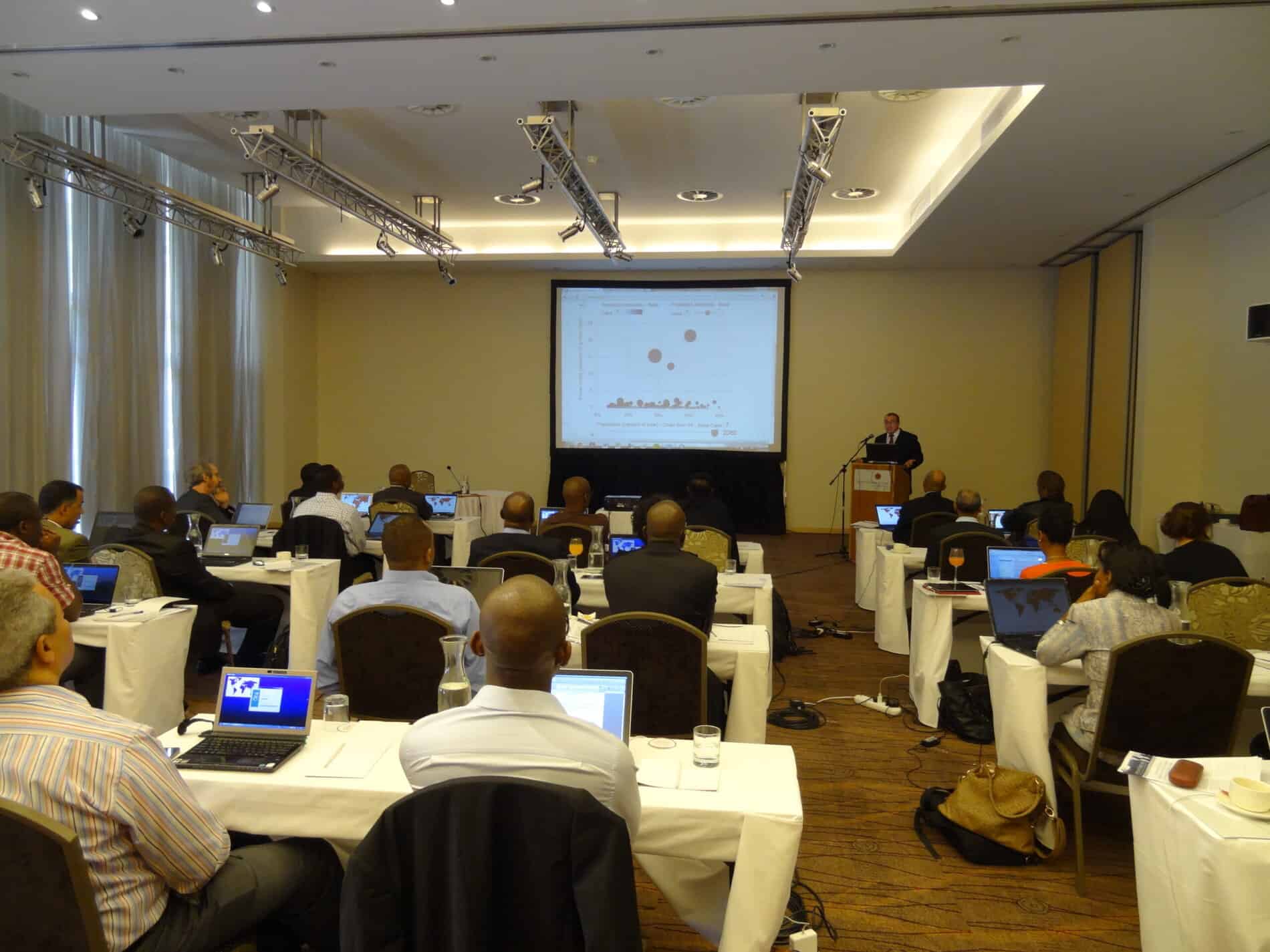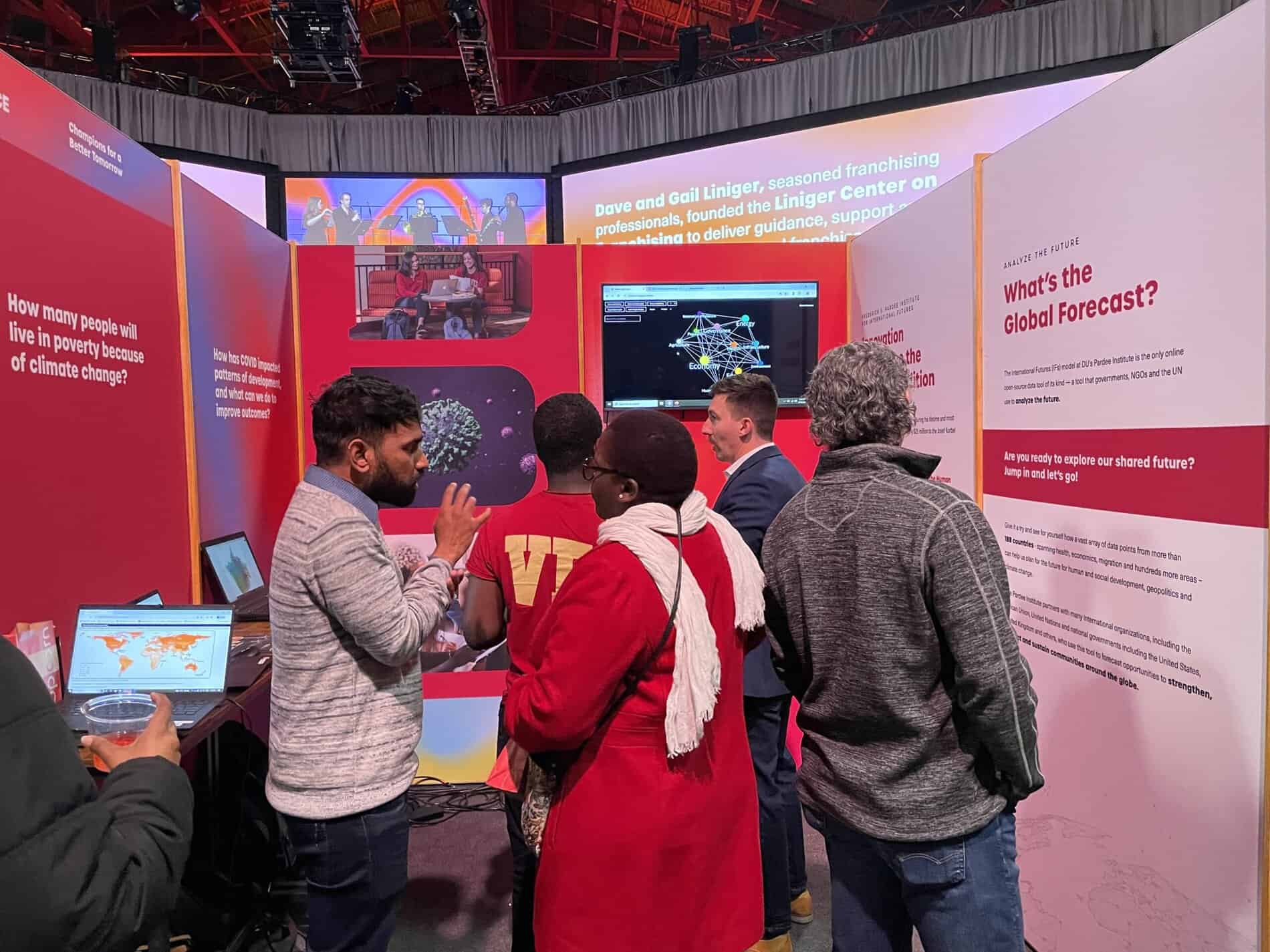Secure your scholarship offer in just 2-3 days through December 17! Get started.
90% of applicants who apply by the priority deadline receive scholarship support. Apply now!
Now accepting applications for Fall 2026. Apply now!
Pardee History
Secure your scholarship offer in just 2-3 days through December 17! Get started.
90% of applicants who apply by the priority deadline receive scholarship support. Apply now!
Now accepting applications for Fall 2026. Apply now!
Pardee History
The Pardee Institute for International Futures is built on over four decades of innovative research into global modeling. What began as an academic modeling effort by Barry Hughes at Case Western Reserve University in the 1970s has evolved into an institute for long-term strategic analysis built upon lasting relationships with global and domestic partners.


In 1980, Dr. Hughes brought his global model to the University of Denver’s Josef Korbel School of Global and Public Affairs (formerly, the Graduate School of International Studies), where the International Futures (IFs) system continues to mature and expand.
A key turning point arose in the early 2000s with the emergence of a partnership between Dr. Hughes and Frederick S. Pardee following an initial meeting at RAND in Santa Monica. The partnership led to the establishment of the Frederick S. Pardee Center for International Futures at the Graduate School of International Studies – soon renamed to the Josef Korbel School – in 2006. The creation of the Pardee Center institutionalized Dr. Hughes’s life's work and initiated a period of significant enhancements to the IFs system.
Over its first five years, with funding from Mr. Pardee, the Center focused on model development. It published a five-volume series called Patterns of Potential Human Progress, using the enhanced IFs system to address five global challenges: reducing poverty, advancing education, improving health, building infrastructure, and strengthening governance.
From 2011 to 2023, the Pardee Center experienced a decade of growth, marked by an expanding portfolio of policy-relevant research and deepening strategic partnerships.
Through initiatives like the Global Trends Reports with the U.S. National Intelligence Council, the Minerva Research Initiative with the Department of Defense, and the Diplometrics Project, the Center tackled issues ranging from political instability to geopolitical power dynamics.
Its collaboration with the Institute for Security Studies and the African Union Development Agency on the African Futures Project during this period helped inform long-term strategic planning across the African continent. The Center also worked with the United Nations Development Program (UNDP) and with UN Women on Sustainable Development Goals (SDGs) analysis, assisting member countries in forecasting progress toward SDG targets, and partnered with Action Against Hunger to model the global burdens of Severe Acute Malnutrition in children under five.
In Latin America and the Caribbean, the Center collaborated with the Inter-American Development Bank and PricewaterhouseCoopers to explore development trends and challenges like the “middle-income trap.” Work with the U.S. Army Future Studies Group provided support for U.S. military foresight, while USAID regional collaborations informed development strategies in countries like Uganda, Ethiopia, Guatemala, and Honduras. These projects, often resulting in joint reports, policy briefs, and peer-reviewed publications, showed the Center’s ability to bridge rigorous academic research with real-world policy impact, paving the way for the Center’s future.


In October 2023, recognizing our organizational growth and expanding contribution to the University of Denver’s research efforts, we were officially designated as an Institute, a title given to the University’s leading research organizations.
Looking ahead, the foundation of our work remains the IFs system. This open-source, integrated assessment model enables policymakers, researchers, and the public to engage in strategic thinking about global development challenges. Mr. Pardee’s early investment made DU the institutional home of IFs. Now, with nearly $10 million in new contributions from Mr. Pardee’s estate since 2020, we are well-positioned to expand our portfolio of tools, datasets, and applications, offering the opportunity to amplify the policy relevance and real-world applications of our growing body of work. These gifts require timely, deliberate, and strategic investment, underscoring the importance of leveraging the 2025 strategic planning mandate to maximize their impact.
Through Mr. Pardee’s gifts, we also receive annual endowment support, in addition to continued institutional support from the Korbel School. With an operating budget that exceeds our research expenditures, these additional investments in our infrastructure and capacity enable us to operate as a standalone, mission-driven organization, not defined by a singular partnership or project, but rather by the entirety of our body of work.
From this legacy, and through enduring financial support, we continue to mature as an organization, steady in our pursuit of research excellence and operational discipline to support effective data-driven policy strategies and long-term thinking. We view this trajectory as both a validation of our model and a roadmap for continued growth, always with a focus on delivering strategic insights for a more prepared future.
Copyright ©2025 University of Denver | All rights reserved | The University of Denver is an equal opportunity institution